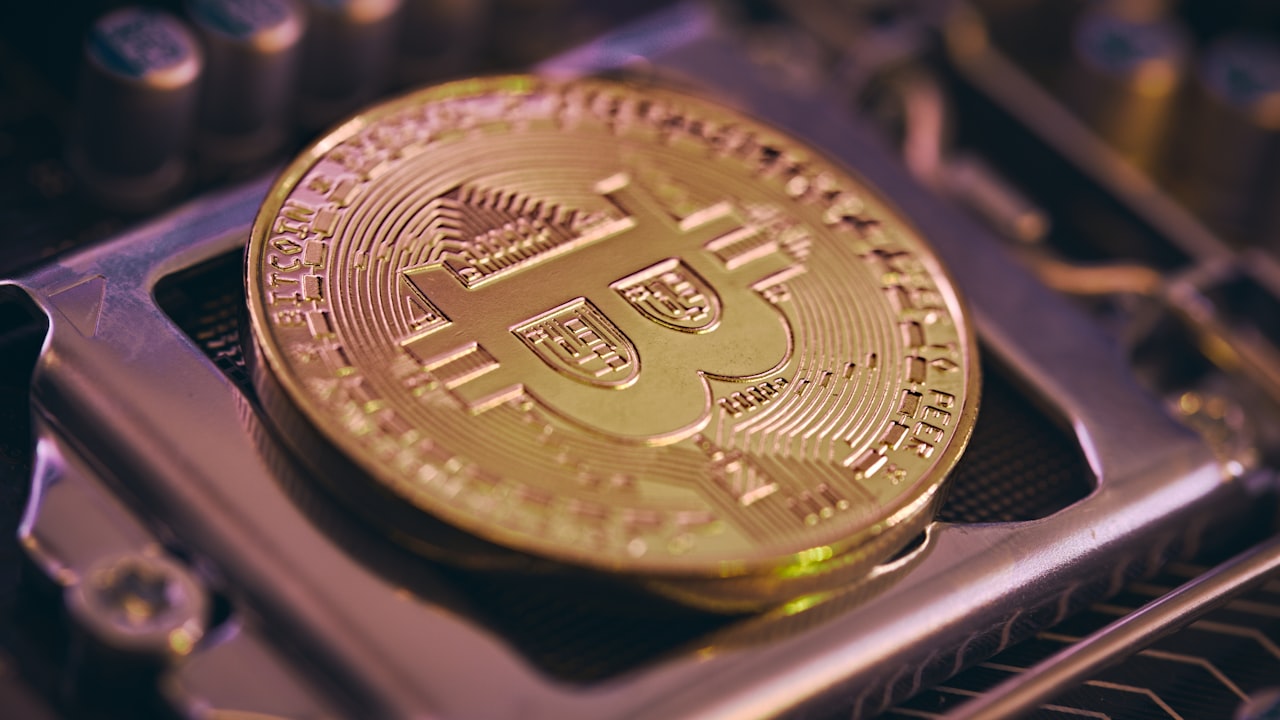In the bustling marketplace of FIFA Ultimate Team FUT 24 coins PS4, where players seek to bolster their squads and enhance their gaming experience, the risk of encountering scams is ever-present. With numerous online platforms and sellers offering FIFA coins for sale, players must remain vigilant to avoid falling victim to scams and fraudulent activities. In this comprehensive guide, we’ll explore strategies for identifying and avoiding scams when buying FIFA coins, ensuring a safe and secure transaction experience for all players.
Understanding the Risks of Scams in FIFA Coin Transactions
Before delving into strategies for avoiding scams, it’s essential to understand the risks associated with FIFA coin transactions. Scammers often prey on unsuspecting players by posing as legitimate coin sellers and promising discounted prices, fast delivery, or exclusive deals. These scammers may use various tactics, such as phishing websites, fake social media accounts, or fraudulent payment methods, to deceive players and steal their personal information or financial details. Additionally, engaging with unauthorized sellers or participating in illegitimate coin transactions can result in penalties, sanctions, or even account bans from EA Sports.
Choosing Reputable and Trustworthy Sellers
One of the most effective ways to avoid scams when buying FIFA coins is to choose reputable and trustworthy sellers. Look for sellers with a proven track record of reliability, security, and customer satisfaction. Reputable sellers typically have positive reviews, transparent pricing, secure payment methods, and responsive customer support channels. Before making a purchase, take the time to research and vet potential sellers, read customer reviews and testimonials, and verify their legitimacy to ensure a safe and secure transaction experience.
Verifying Seller Credentials and Reputation
Before engaging with a FIFA coin seller, it’s essential to verify their credentials and reputation to avoid falling victim to scams. Check if the seller is registered and licensed to operate as a coin seller, and ensure that they adhere to industry regulations and ethical standards. Additionally, research the seller’s reputation within the FIFA community, paying attention to feedback from other players and any reported incidents of scams or fraudulent activities. Avoid sellers with a history of negative reviews, unresolved complaints, or suspicious behavior, as they may pose a higher risk of scams.
Protecting Your Personal and Financial Information
When buying FIFA coins, safeguard your personal and financial information to prevent falling victim to scams and identity theft. Only provide sensitive information, such as account login details or payment information, to reputable and trustworthy sellers through secure channels. Avoid sharing personal information on unsecured websites or social media platforms, and be cautious of phishing attempts or fraudulent emails requesting sensitive information. Additionally, use secure payment methods, such as PayPal or credit cards that offer buyer protection and encryption to safeguard your financial transactions.
Conclusion
In conclusion, avoiding scams when buying FIFA coins requires players to stay vigilant, informed, and cautious of potential risks and fraudulent activities. By choosing reputable and trustworthy sellers, verifying seller credentials and reputation, avoiding suspicious offers and deals, protecting personal and financial information, and reporting suspicious activities and scams, players can minimize the risk of falling victim to scams and ensure a safe and secure transaction experience when buying FIFA coins. So, stay vigilant, trust your instincts, and prioritize safety and security in all your FIFA coin transactions.
